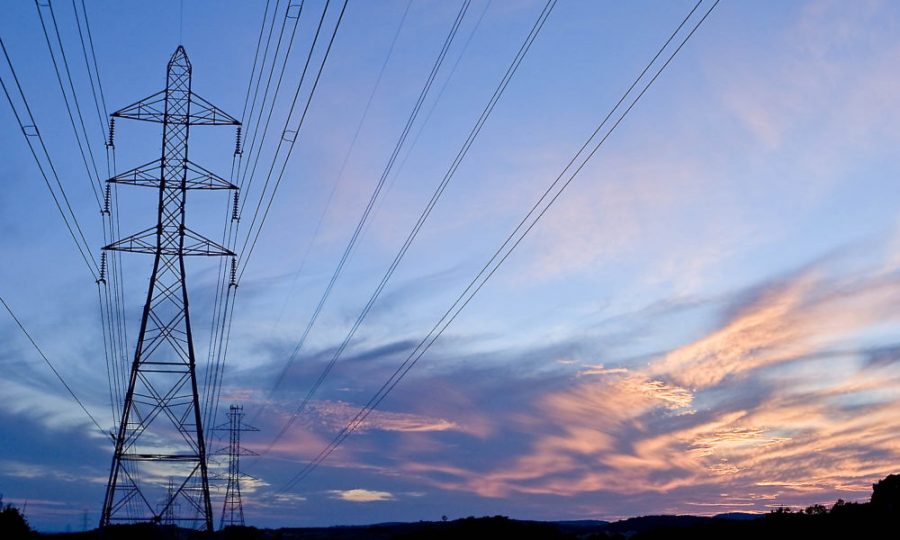KATHMANDU: In a significant step towards regional energy cooperation, the Bangladesh Cabinet on Tuesday approved a proposal to import 40 MW of electricity from Nepal. The decision was made during the 15th meeting of the Cabinet Committee on Government Purchase (CCGP), held at the Bangladesh Secretariat and led by Finance Minister Abul Hassan Mahmood Ali.
The approval follows a proposal from the Power Division, facilitating the Bangladesh Power Development Board (BPDB) to import hydroelectricity from Nepal under a tripartite agreement. The agreement involves the Nepal Electricity Authority (NEA), NTPC Vidyut Vyapar Nigam Limited (NVVN) of India, and the BPDB, as reported by the National News Agency of Bangladesh (BSS).
Secretary of the Cabinet Division (Coordination and Reform) Md Mahmudul Hossain Khan detailed the arrangement, stating that Bangladesh will import the electricity using the Indian grid. The cost is set at 8.17 Bangladeshi Taka per unit (equivalent to NRs 9.12 per unit).
This move is part of a broader strategy initiated in 2019 when the BPDB signed a power purchase agreement with the NEA to import 500 MW of electricity from Nepal’s Upper Karnali Hydropower Project, developed by India’s GMR Group. The current import of 40 MW marks the initial phase of this strategy, utilizing the high-voltage Baharampur-Bheramara cross-border power transmission line.
Moreover, Bangladesh has expressed a keen interest in investing in Nepal’s 683 MW Sunkoshi 3 Hydropower Project. To facilitate this, the country has agreed in principle to involve India, making it a trilateral venture.
Under the preliminary agreement, Nepal will supply electricity to the Nepal-India border, which will then be transmitted to Bangladesh via the 400 kV Dhalkebar-Muzaffarpur cross-border transmission line. Bangladesh will bear the wheeling charge and the cost of electricity losses incurred during transmission.
Bangladesh’s strategic plan aims to purchase 9,000 MW of electricity from Nepal by 2040, reflecting its commitment to securing clean energy sources. The country has shown interest in several significant hydropower projects in Nepal, underscoring a long-term vision for sustainable energy cooperation.
Nepal’s current electricity production capacity is approximately 3,100 MW. Since June 2022, the country has been selling surplus monsoon electricity through the Indian Energy Exchange Limited (IEX) day-ahead market. During the peak production season last year, the NEA exported 175 billion units of electricity to India, generating revenue of Rs 15 billion.
Further strengthening energy ties, a bilateral energy secretary-level meeting is scheduled between Nepal and Bangladesh on June 23-24 in Kathmandu. The Ministry of Energy, Water Resources, and Irrigation in Nepal indicated that the two countries would sign a bilateral agreement for energy trade during this meeting. This agreement is expected to pave the way for a trilateral agreement that includes India, further solidifying the regional energy cooperation framework.
The approval of the electricity import proposal marks a milestone in Bangladesh’s pursuit of energy diversification and sustainability, leveraging regional cooperation to meet its growing energy demands. The initiative also underscores the strategic importance of Nepal’s hydropower resources in contributing to regional energy security.

